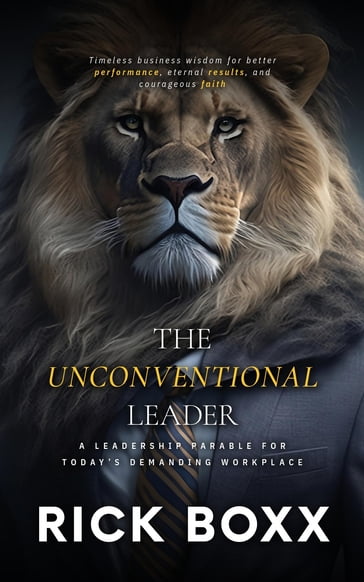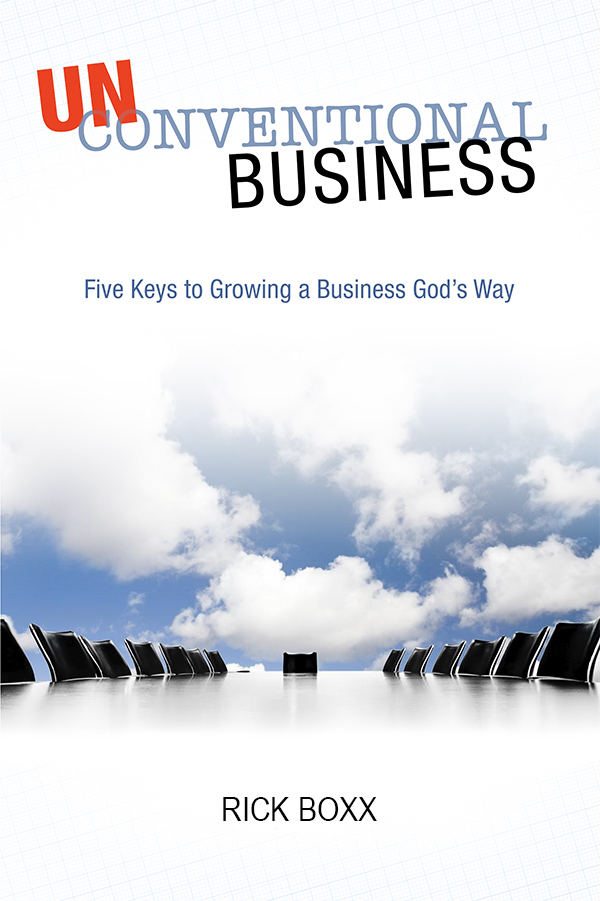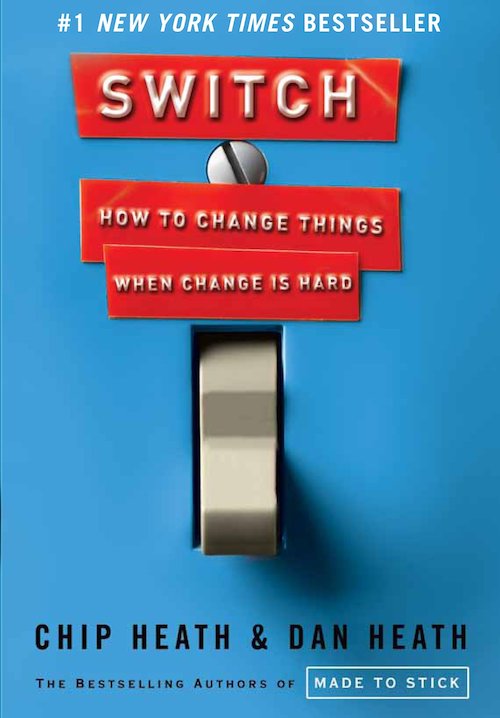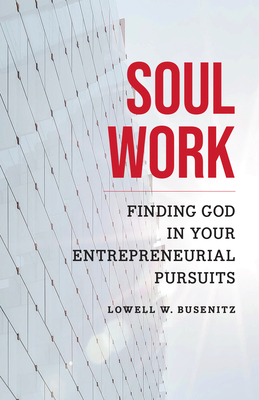Book Brief: The Unconventional Leader
Rick Boxx is an excellent teacher. I have been blessed by his teaching for over twenty years, whether in a classroom setting, through his daily e-mails, at conferences and events, or through his books. His business books are always excellent, well structured and practical, teaching how to apply timeless Biblical principles to contemporary business challenges. I was excited to receive a free copy of his brand new book at Unconventional Business Network’s recent annual national summit.
The Unconventional Leader is Rick’s first work of fiction, a leadership parable. Although I was excited to receive and read the book, my expectations were low. I’m generally not a fan of leadership parables. They tend to be neither good fiction, nor great business books. But The Unconventional Leader really impressed me.
The Unconventional Leader draws you into a compelling story of four friends wrestling with believable workplace challenges to teach how the six principles in the Unconventional LEADER framework can lead to unparalleled success. The six principles are: Loyalty to God, Excellence from God, Appreciating and Respecting Others, Drive with a Higher Purpose, Ethics Beyond the Law, and Resolve and Courage.
The situations presented are all helpful. Several times I found myself thinking “that would never happen” but even then, the scenarios were simply contemporary issues taken to their natural extreme. Hopefully none of Rick’s readers will face all of the challenges Dan and his friends face, or even any of these challenges to the extreme that they do. However, the ways Rick presents these situations work well as an argument from the greater to the lesser. If Dan and his friends could deal with that extreme situation using Biblical principles, then readers can apply the same principles in their much lesser situation.
Bottom line, The Unconventional Leader is a fun and helpful book. It’s easy to read and will entertain you for an afternoon while teaching wisdom that can bless you for a lifetime. I strongly recommend The Unconventional Leader to anyone who is or hopes to be a leader in any organization.
Book Brief: The Unconventional Leader Read More »










